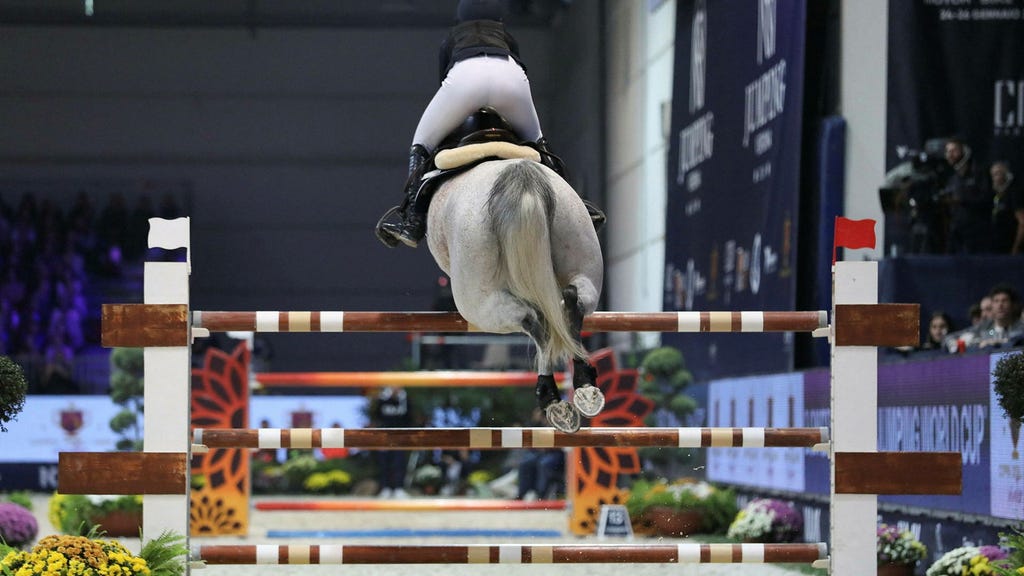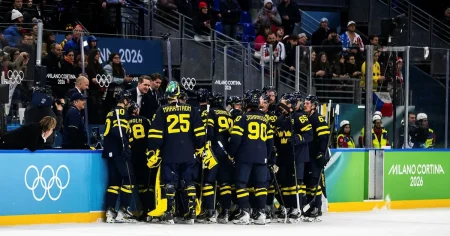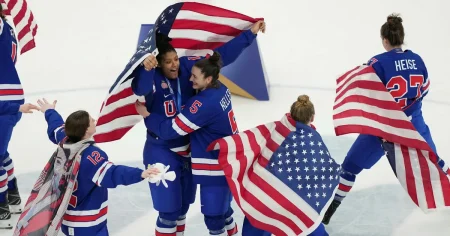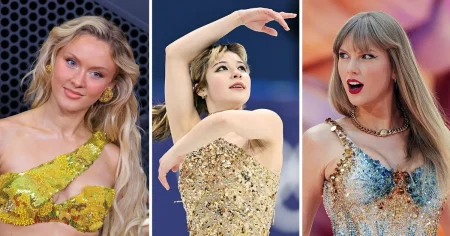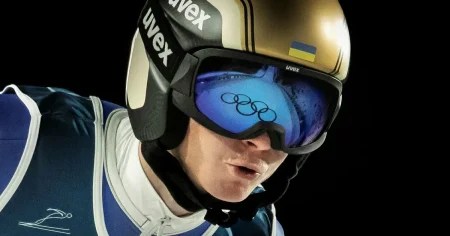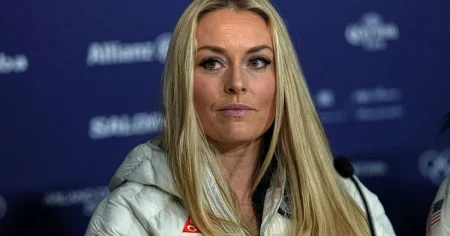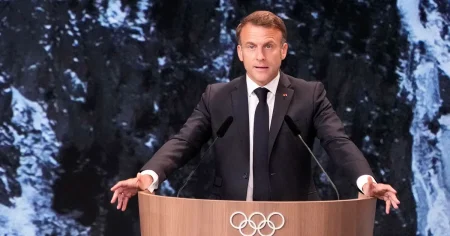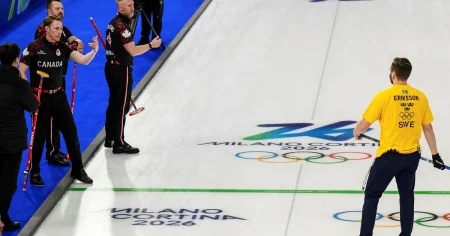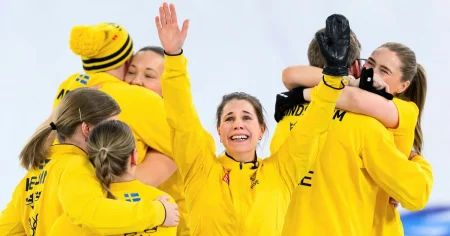The Swedish Equestrian Federation (SvRF) faced a challenging 2024, marked by a decline in membership and competition participation, largely attributed to the tough economic climate affecting many households. While the federation successfully navigated the pandemic and the initial years following, the economic downturn finally took its toll, resulting in a 5-8% drop in membership. Reversing this trend is the top priority for 2025, with a focus on supporting districts and clubs to enhance the attractiveness of equestrian sports. The federation recognizes the crucial role of these grassroots organizations in fostering a vibrant and growing equestrian community. This support will encompass various initiatives designed to engage current members and attract new ones.
The economic downturn also impacted competition participation, prompting the SvRF to implement new measures designed to make competition more accessible. In January 2025, ”instegstävlingar,” a simplified form of competition, was introduced alongside a trial license. These initiatives aim to reduce the financial burden of competing, thus encouraging broader participation. However, the SvRF emphasizes that affordability must never come at the expense of horse welfare. This commitment underscores the federation’s dedication to upholding high ethical standards within the sport. The accessibility initiatives will be carefully monitored to ensure they meet the dual objectives of increased participation and maintained horse welfare.
Horse welfare became a dominant theme in 2024, fueled by several scandals that brought the issue to the forefront. The SvRF took a proactive stance, both internationally and domestically, to address these concerns. Internationally, the federation submitted proposals and motions to the International Equestrian Federation’s annual meeting, advocating for stricter welfare standards. Nationally, changes were implemented, including making the use of nosebands optional in dressage competitions for horses ridden on a snaffle bit. These actions reflect the SvRF’s commitment to leading the charge in prioritizing horse welfare. The SvRF recognizes that maintaining public trust and acceptance of equestrian sports, often referred to as Social License to Operate (SLO), requires ongoing efforts to improve horse welfare.
The SvRF is proud of its leadership role in promoting horse welfare discussions globally and acknowledges the importance of continued improvement in this area. Ongoing dialogue with partners, other equestrian federations, and stakeholders reinforces the support for the Swedish approach to horse welfare. The federation understands that SLO is not a one-time project but a continuous commitment to ensuring the well-being of horses in all equestrian activities. This commitment is essential for maintaining public confidence and securing the future of the sport. The SvRF’s proactive approach aims to address concerns and promote a culture of responsible horse care.
After a string of remarkable successes in recent years, particularly in show jumping, with team gold medals at the 2021 Olympics, 2022 World Championships, and 2023 European Championships, the Swedish equestrian team faced disappointment at the 2024 Paris Olympics, returning without a medal for the first time since 2000. This outcome has prompted reflection and evaluation of the team’s preparation and performance. The federation is currently reviewing the evaluations from the Paris Olympics, focusing on ways to enhance training and competition strategies for future major championships. This analysis will inform the preparations for the 2028 Los Angeles Olympics, with the aim of returning to the podium. The SvRF is committed to learning from the experience in Paris and implementing necessary changes to optimize performance in future competitions.
The SvRF’s ”Ryttarutveckling” (Rider Development) talent development program, in place for the past decade, is set for expansion in 2025. Currently structured across four levels, with levels 3 and 4 emphasizing individual performance development and management, the program will introduce a new level, tentatively called level 5. This new tier will bridge the gap between the existing program and national team selection, providing additional support and training for riders transitioning to the highest level of competition. Recognizing the challenging transition from the development program to top-level international competition, the SvRF aims to strengthen the pathway for promising riders. This new level will offer focused training and support, closely aligned with the national team programs, to facilitate a smoother transition and enhance the competitiveness of Swedish riders on the world stage. The specific details of level 5 are still being finalized and will be rolled out throughout 2025.





